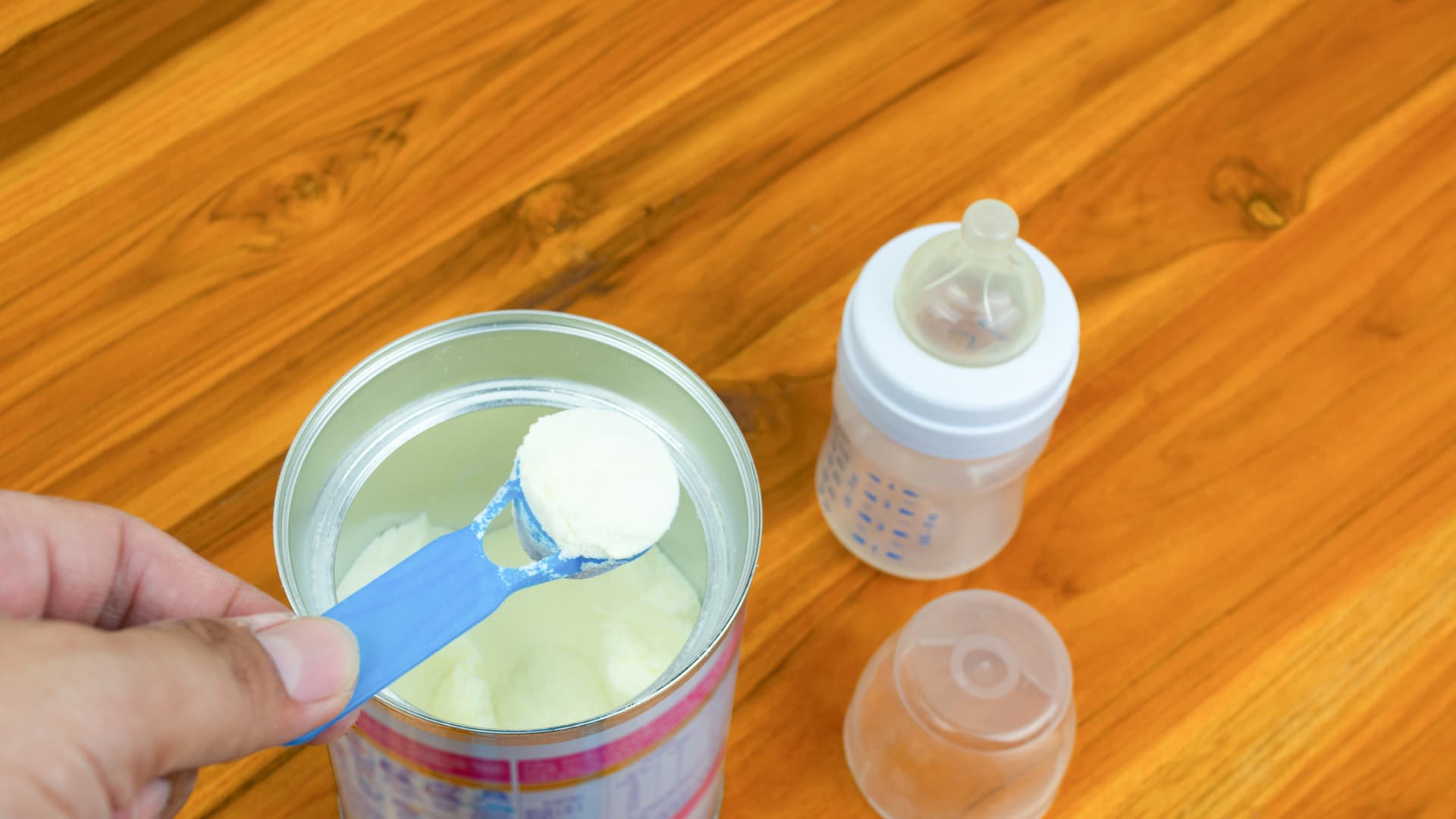Scammers are exploiting a nationwide baby formula shortage, tricking consumers into paying hefty prices through fraudulent online stores, the Federal Trade Commission said Wednesday.
The con artists lure “desperate parents and caregivers” via fake websites or social media profiles with images and logos of recognizable formula brands, according to a consumer alert. Consumers think they’re purchasing from a company’s official website but formula never arrives, the FTC said.
“Scammers exploiting the high demand for baby formula have sunk to new lows,” the agency said.
More from Personal Finance:
High-yield bonds may lose appeal amid rising interest rates
Better market days are coming. It’s just a question of when
How to sidestep a tax bomb when selling your home
A shortage of baby formula started early in the Covid-19 pandemic, but has worsened in recent weeks. The scarcity is partly due to the closure of a Michigan manufacturing plant in February; two infants who consumed formula produced there caught bacterial infections and died.
The Food and Drug Administration reached a deal with the plant’s owner, Abbott Nutrition, the nation’s largest formula manufacturer, on Monday to help ease the shortage.
The White House said last week it would make it easier to import formula from abroad, among other measures.
Scams have proliferated during the pandemic, costing Americans hundreds of millions of dollars. Some have preyed on people trying to collect financial assistance like unemployment benefits or stimulus checks, while others have involved vaccines, funeral expenses and fake health products, for example.
Tips
Here are some ways the FTC recommends avoiding a baby formula scam:
- Use a search engine to check out the company or product. Use search terms like “review,” “complaint” or “scam.”
- Only scammers will demand payment by gift card, money transfer or cryptocurrency. Paying with credit card often provides the most protection; you can sometimes get your money back if you ordered something that never arrived.
- Know your rights. Sellers are supposed to ship an online order within the time stated in their advertisements (or within 30 days if the ads don’t give a time). If a seller can’t ship by then, it must give you a revised shipping date, with the chance to cancel for a full refund or accept the new shipping date.
- Search for local resources. For example, your pediatrician may have formula in stock and might be able to help. Participants in the Women, Infants and Children (WIC) nutrition assistance program can contact their local office to find formula.
